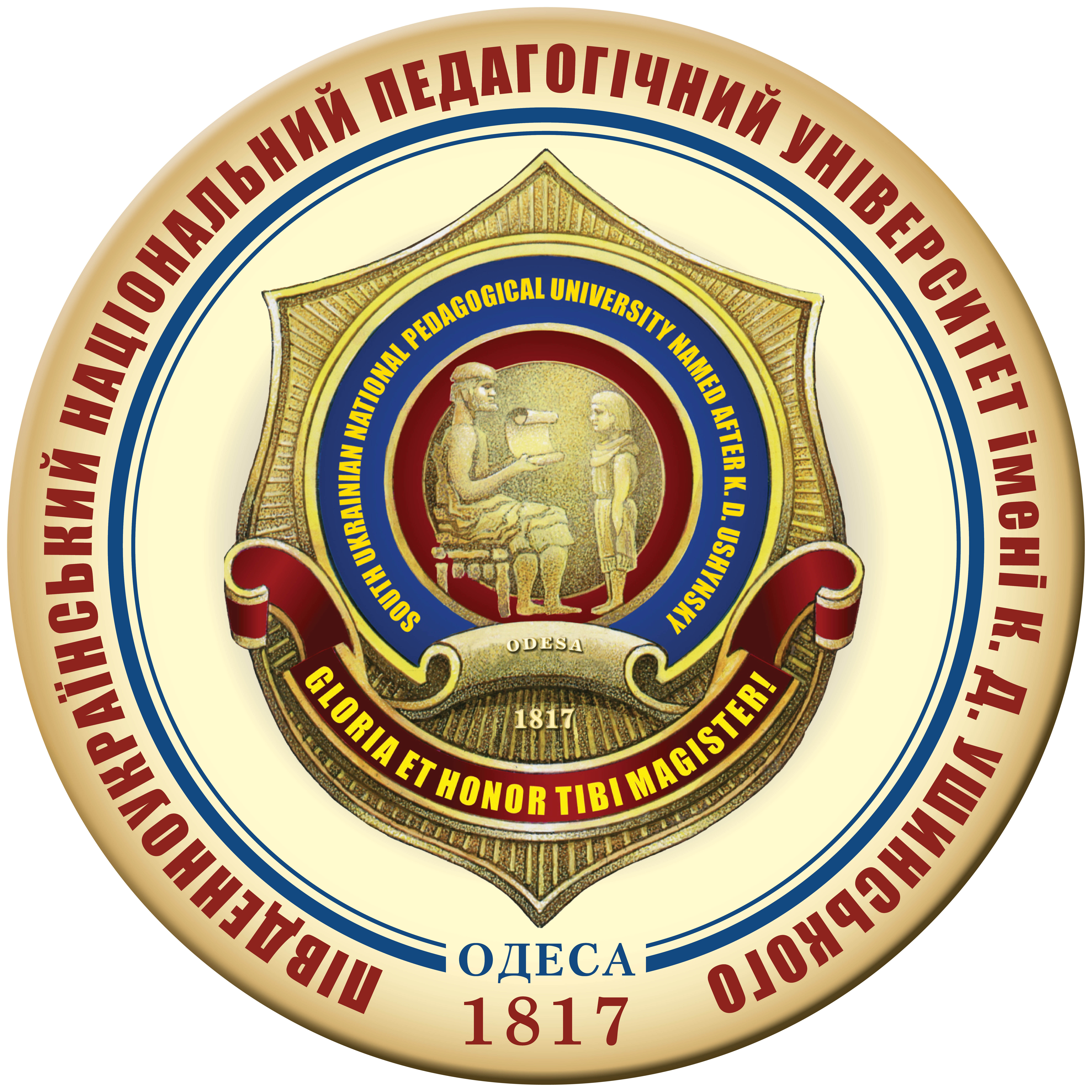PROSPECTS OF USING FUNCTIONAL TRAINING IN THE PROCESS OF PHYSICAL TRAINING OF CADETS
DOI:
https://doi.org/10.24195/olympicus/2024-1.17Keywords:
physical training, training, coach, sport, sports activityAbstract
The article describes the specifics of the relationship between the coach and the athlete, and also analyzes the strategies of effective interaction between them. A favorable relationship between the coach and the athlete plays a particularly important role. The peculiarity of the relationship lies in the final result, the goal of which is the success of the sports career of both the coach and the student. It is worth noting that such factors as individual and socio-psychological features of the participants of these relationships affect success. Building an effective interaction between a coach and an athlete is considered an important component of successful coaching. Success greatly depends on how the coach establishes relationships with athletes and the team, as well as how he reveals his knowledge. The way the athlete and the coach perceive each other depends not only on the effectiveness of the training process and performance at competitions, but also on the opportunities for personal growth of the athlete and professional improvement of the coach. The coach is not only an authority, but also an example to follow, motivating the athlete to achieve sports and life goals. For effective interaction, the system of organizing sports training should be based on progressive principles, use modern and scientifically based methods and tools. The purpose of the study is to analyze and systematize the factors that determine the effective interaction between a coach and an athlete. In the interaction between the coach and the athlete, the coach has an important role both in creating an effective educational and training process, and in organizing interaction with the athlete through communication. Research methods: analysis of scientific and methodical literature, system analysis, structural and functional analysis. Research results: the article analyzed psychological and methodological factors that affect the success of training and achieving high results in sports activities. Special attention was paid to the communicative component, in particular, a number of blocks were highlighted, by which it is necessary to improve the effectiveness of the communication process between the coach and the athlete.
References
Сопотницька О. І. Потенціал акмеологічного підходу у формуванні готовності майбутніх вчителів фізичної культури до тренерської діяльності з ігрових видів спорту. Оновлення змісту, форм та методів навчання і виховання в закладах освіти : збірник наукових праць. наукові записки рівненського державного гуманітарного університету. 2016. Т. 2, № 13 (56). С. 35–37.
Тараненко І. Роль тренера у вихованні морально-вольових якостей важких підлітків. Витоки педагогічної майстерності. серія : педагогічні науки. 2016. № 18. С. 339–344.
Антонець В. Ф. Комунікативні особливості діяльності спортсмена. Збірник наукових праць Хмельницького інституту соціальних технологій Університету "Україна". 2012. № 5. С. 7–10.
Воронова В. І. Психологія спорту. Київ : Олімп. літ., 2007. 294 с.








